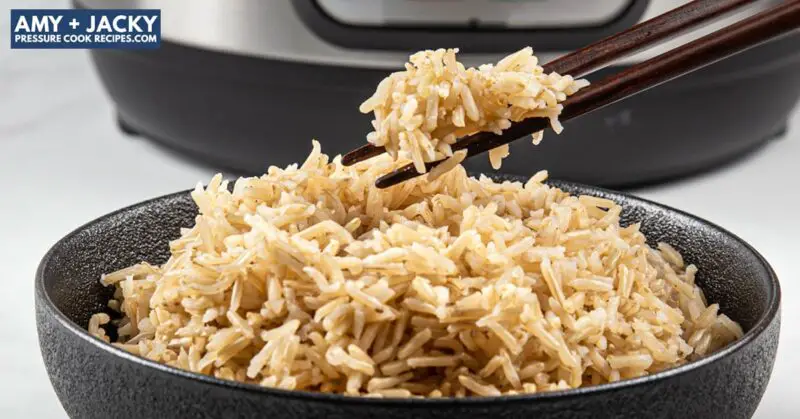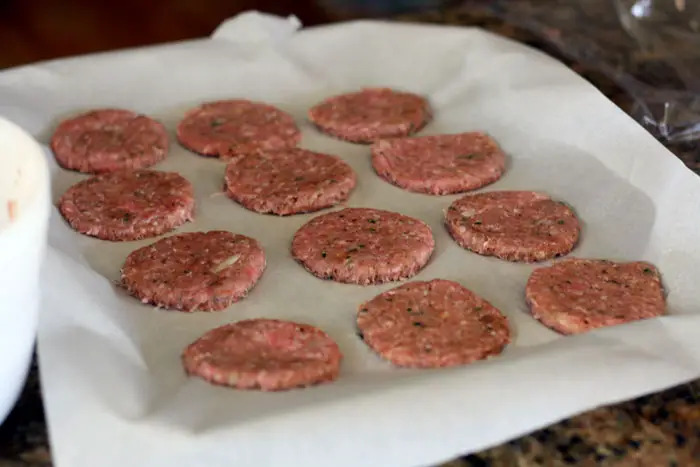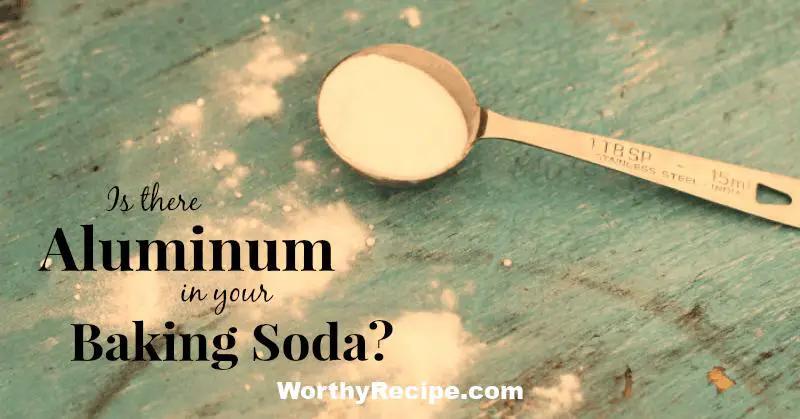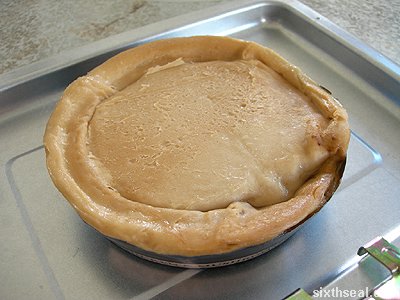Should I Wash Brown Basmati Rice Before Cooking?
When it comes to cooking brown basmati rice, one of the most common questions that people ask is whether or not they should wash the rice before cooking it. On one hand, washing brown basmati rice can help remove any debris and contaminants from the grains. On the other hand, some people believe that washing rice can remove precious nutrients and alter the taste and texture of the final dish.
In this article, we will explore the history and benefits of brown basmati rice, discuss the pros and cons of washing it, explain how to properly wash brown basmati rice, and offer alternatives for those who do not wish to thoroughly wash their grains. By the end of this article, you will have a better understanding of whether or not you should wash your brown basmati rice before cooking.
Introduction
The purpose of this article is to answer a commonly asked question: Should I wash brown basmati rice before cooking it? While this may seem like a simple question, there are many different opinions on the matter. Some people believe that washing brown basmati rice is essential for removing debris and contaminants from the grains, while others argue that washing can strip away vital nutrients and impact taste and texture. In order to determine whether or not to wash brown basmati rice before cooking it, it’s important to first understand what exactly brown basmati rice is.
What is Brown Basmati Rice?
Brown basmati rice is a type of long-grain rice that has been minimally processed in order to retain as many nutrients as possible. Unlike white rice which has had its bran and germ removed during processing, brown basmati rice contains all parts of the grain-the bran, germ, and endosperm-which makes it a more nutrient-rich option.
Originally cultivated in India and Pakistan, brown basmati rice has a unique nutty flavor and aroma which sets it apart from other types of rice. It has become increasingly popular in recent years due to its numerous health benefits and environmental sustainability compared to white rice.
Comparison to White Basmati Rice
White basmati rice is a type of rice that has had its bran and germ stripped away during processing, leaving only the starchy endosperm. This results in a less nutrient-dense grain that cooks faster than brown basmati rice.
While white basmati rice is still a popular choice for many people due to its mild flavor and softer texture, brown basmati rice is often seen as the healthier option. Brown basmati rice contains more fiber, protein, and micronutrients than its white counterpart, making it a valuable addition to any diet.
Benefits of Brown Basmati Rice
Brown basmati rice offers numerous health benefits compared to white rice due to its high fiber content, nutrient density, low glycemic index, and ability to support digestive and heart health. Additionally, brown basmati rice is considered more sustainable and environmentally friendly than white rice.
High Fiber Content
One of the key benefits of brown basmati rice is its high fiber content. According to the USDA, one cup of cooked brown basmati rice contains about 3.5 grams of fiber-backed up by research showing that higher intake of dietary fiber may be protective against a variety of diseases such as type 2 diabetes, cardiovascular disease, and colon cancer (1).
Nutrient Rich
In addition to fiber, brown basmati rice contains a wealth of vitamins and minerals including magnesium, zinc, potassium, and B vitamins. These micronutrients are essential for maintaining healthy bones, reducing inflammation, promoting healthy digestion, and supporting cognitive function (2).
Low Glycemic Index
Brown basmati rice also has a lower glycemic index than white rice, meaning it takes longer to digest and does not cause a significant spike in blood sugar levels. This can make it a safer option for people with diabetes or insulin resistance (3).
Improved Digestion and Heart Health
The high fiber content in brown basmati rice is also beneficial for digestive health. Fiber helps to keep the digestive system moving smoothly by promoting regular bowel movements and reducing the risk of constipation. Additionally, studies suggest that diets high in whole grains like brown basmati rice may be associated with reduced risk of heart disease (4).
Environmental Benefits
Not only is brown basmati rice more nutrient-dense than white rice, but it is also considered more sustainable from an environmental standpoint. The production of white rice requires more processing which consumes more energy and water resources. Additionally, the outer layer or bran that is removed from the grain during processing is often discarded or used as animal feed. By choosing brown basmati rice over white rice you can limit waste and reduce your overall carbon footprint.
To Wash or Not to Wash?
Now that we have discussed the benefits of brown basmati rice let us shift our focus to whether or not you should wash it before cooking. The answer to this question is not straightforward as there are several arguments both for and against washing brown basmati rice.
Pros of Washing Brown Basmati Rice
The main argument in favor of washing brown basmati rice is that it can help remove debris, dirt, and small stones from the grains. This can be especially important if the rice was not properly stored or transported before reaching you. Additionally, washing the rice can help remove excess starch which can make for a fluffier final dish.
Cons of Washing Brown Basmati Rice
While there are benefits to washing brown basmati rice, there are also many arguments against it. One common argument is that washing the rice can lead to a loss of nutrients. The nutrients found in brown basmati rice tend to be concentrated in the outer layer or bran that is removed during processing, so any further loss of nutrients during washing could have a significant impact. Additionally, there is concern that rinsing with tap water could lead to contamination.
Reasons for Washing Brown Basmati Rice
If you choose to wash your brown basmati rice before cooking, here are some reasons why:
Removing Debris, Dirt, and Small Stones
As mentioned above, one of the benefits of washing brown basmati rice is that it can help remove any debris and contaminants from the grains. This is particularly important if you are unsure about the storage or transport conditions of your rice.
Removing Excess Starch
Rinsing your brown basmati rice can also help remove excess starch which can make for a fluffier final dish. This can be particularly helpful when making dishes like pilafs or biryanis where individual grains of rice are desired.
Improving Flavor and Texture
Some people argue that washing brown basmati rice before cooking can reportedly improve the flavor and texture of the final dish. By removing excess debris and starch, your grains may cook more evenly and have a less gummy texture.
Reasons Against Washing Brown Basmati Rice
If you choose not to wash your brown basmati rice before cooking, here are some reasons why:
Loss of Nutrients
The nutrients found in brown basmati rice tend to be concentrated in the outer layer or bran that is removed during processing. If you wash your rice before cooking, you may be inadvertently removing some of these key nutrients.
Possibility of Contamination Through Rinsing with Tap Water
Rinsing brown basmati rice with tap water could potentially lead to contamination if your water supply is not reliable or contains harmful chemicals. Additionally, if your rice was packaged in a bag that was not sterile, washing could further introduce bacteria into the grains.
How to Wash Brown Basmati Rice: Step-by-Step Guide
If you have decided to wash your brown basmati rice before cooking it, here is a step-by-step guide to follow:
Equipment Needed
- Large bowl or strainer
- Clean water (preferably filtered)
- Dish towel or paper towels for drying (optional)
Preparation Steps Before Washing Grains
- Rinse the bowl or strainer with clean water to ensure it is free from any debris or contaminants.
- Measure out the desired amount of brown basmati rice.
- Add the rice to the bowl or strainer.
- Fill the bowl or strainer with cool water, covering the rice by a few inches.
Directions for Washing Brown Basmati Rice
- Swirl the rice around in the water using your hands or a spoon.
- Drain the dirty water and refill the bowl or strainer with fresh clean water.
- Repeat this process several times until the water runs clear and there are no visible contaminants or debris in the water.
- Once the rice is clean, remove it from the water and leave it to dry for about 15-30 minutes. You can pat it dry with a dish towel or paper towels if desired.
Note: Some people like to soak their brown basmati rice prior to cooking in order to improve its texture and reduce cooking time. If you choose to soak your rice, follow these steps after soaking it for the desired amount of time:
- Drain the soaking water from the pot and rinse the rice with cold water until it runs clear.
- Return the rinsed rice to the pot and add fresh water for cooking according to package instructions.
Alternatives to Washing Brown Basmati Rice
If you prefer not to wash your brown basmati rice before cooking, there are a few alternatives you can try:
Using a Mesh Strainer for Pre-cleaning Instead of Thoroughly Washing
You can use a mesh strainer to pre-clean brown basmati rice before cooking without removing excessive nutrients or damaging the grains. Simply run cool filtered tap water over rice while stirring them gently with a wooden spoon in a mesh strainer. This ensures that any excess debris is removed, while still retaining the majority of the nutrients.
Conclusion
In conclusion, whether or not to wash brown basmati rice before cooking it is a matter of personal preference. While thorough washing can remove debris and excessive starch from grains, it may come at the cost of removing key nutrients and introducing bacterial contamination. On the other hand, pre-cleaning with a mesh strainer can give you many of the same benefits as thorough washing without impacting taste or texture.
Ultimately it depends on why one wants to wash their brown basmati rice and how they want their final dish to turn out. If you’re looking for a fluffier texture or are worried about debris in your rice, go ahead and rinse it thoroughly. If you’re looking for a healthy and flavorful dish that’s quick to prepare without losing nutrient quality use Mesh Strainer for pre-cleaning instead. No matter which method you choose, cooking brown basmati rice is sure to add a nutritious and delicious touch to any meal.
Sources:
- (1) https://www.ncbi.nlm.nih.gov/pmc/articles/PMC3302369/
- (2) https://fdc.nal.usda.gov/fdc-app.html#/food-details/170412/nutrients
- (3) https://www.ncbi.nlm.nih.gov/pmc/articles/PMC4815576/
- (4) https://www.ncbi.nlm.nih.gov/pmc/articles/PMC5429323/
Do I need to wash brown basmati rice before cooking?
Yes, it is recommended to wash brown basmati rice before cooking. This will remove any dirt or debris from the grains and also helps to remove excess starch, which can cause the rice to become gummy or sticky after cooking.
How do I wash brown basmati rice?
To wash brown basmati rice, simply place it in a fine mesh strainer and rinse it under cold running water. Use your hands to gently rub the grains together to help loosen any dirt or debris. Continue rinsing until the water runs clear.
What happens if I don’t wash brown basmati rice before cooking?
If you choose not to wash your brown basmati rice before cooking, you may notice that the cooked rice is gummy or sticky. This is because excess starch hasn’t been removed, causing the grains to stick together. Additionally, there may be dirt or debris left on the grains which could affect the taste of the final dish.
Can I soak brown basmati rice instead of washing it?
Soaking brown basmati rice is not necessary, as it doesn’t have as much starchy surface as other types of rice. However, soaking the rice for a few hours before cooking can help reduce cooking time and improve its texture. If you do decide to soak your brown basmati rice, be sure to still rinse it thoroughly under cold running water afterwards.






